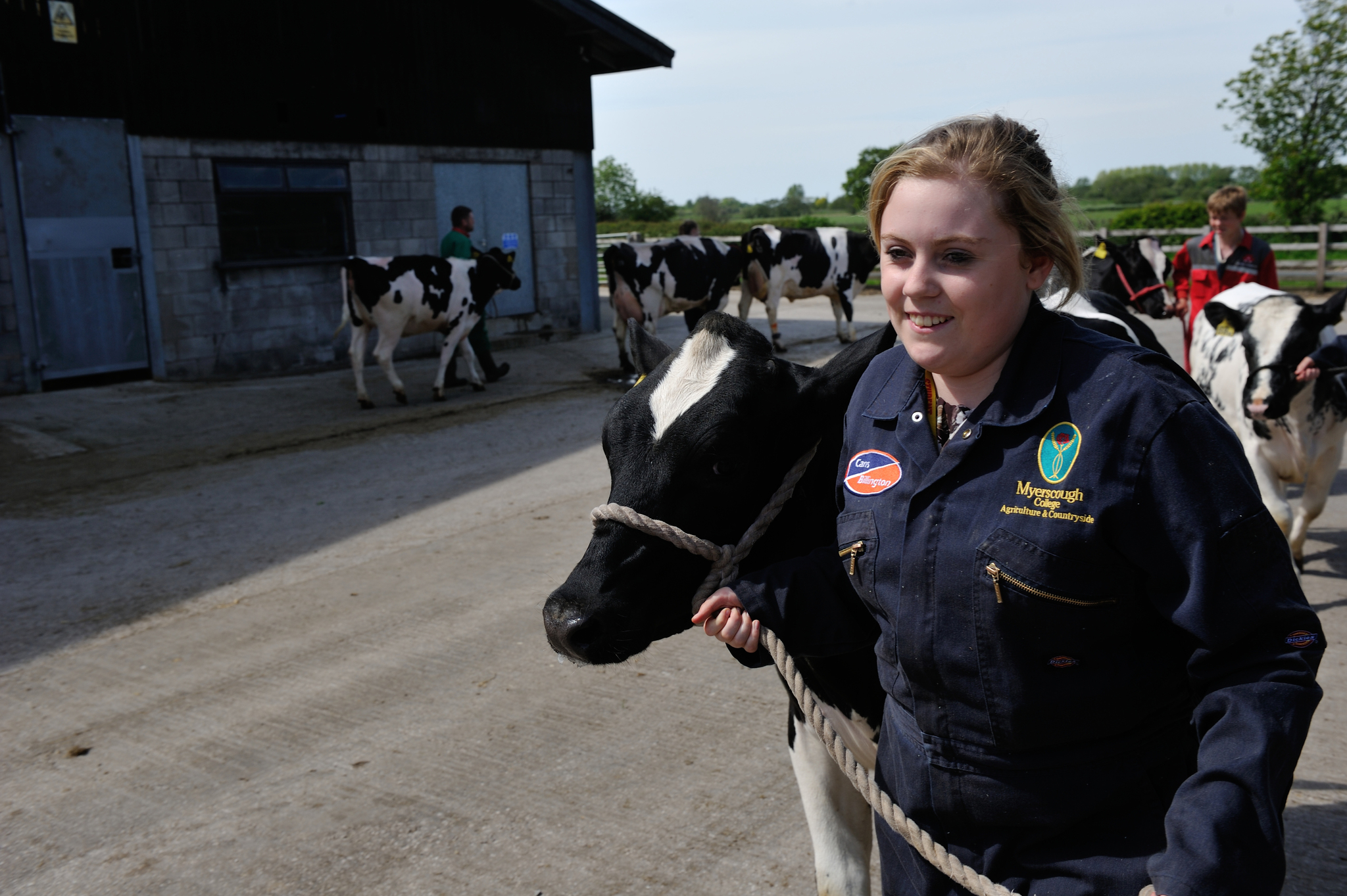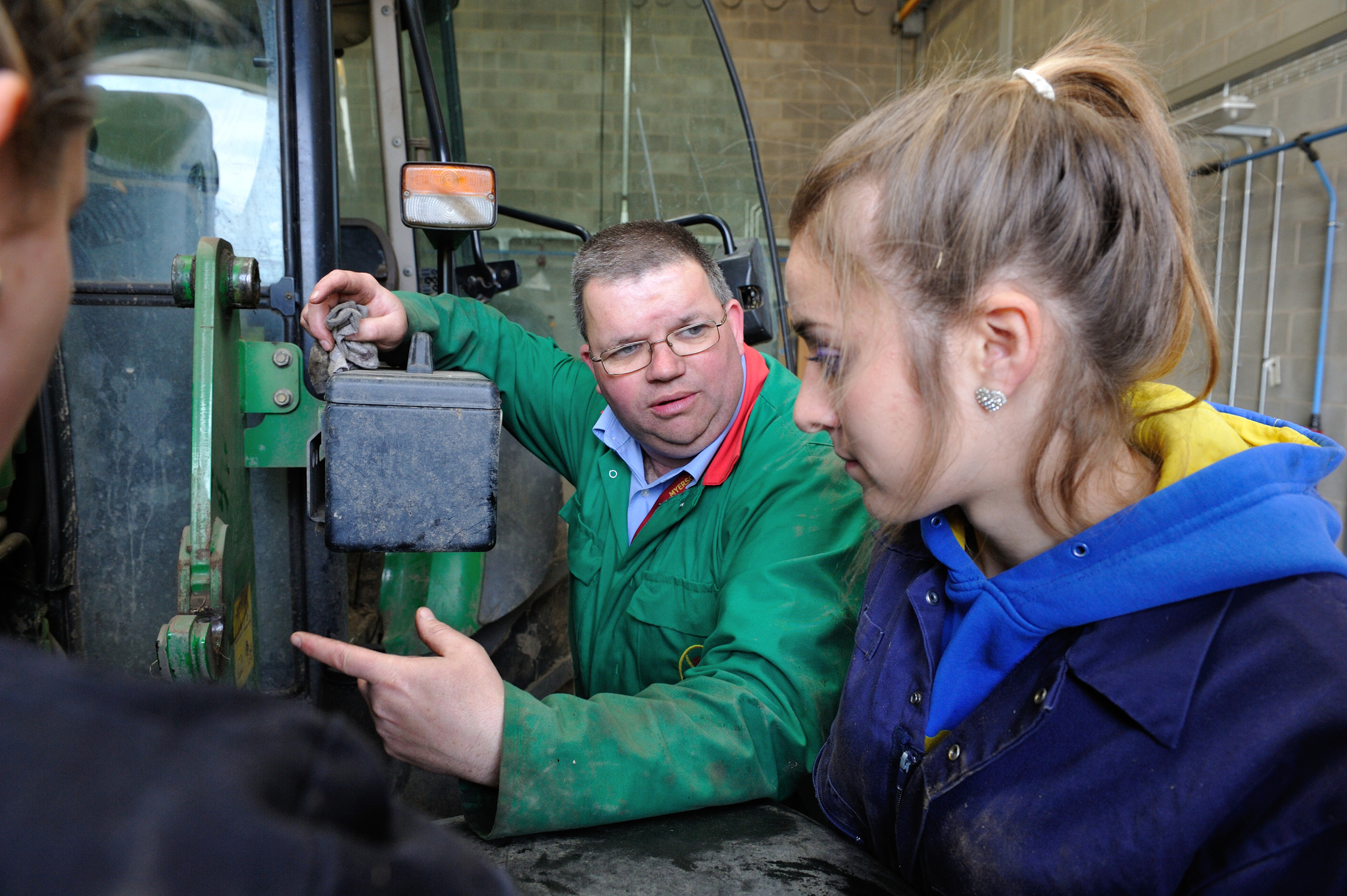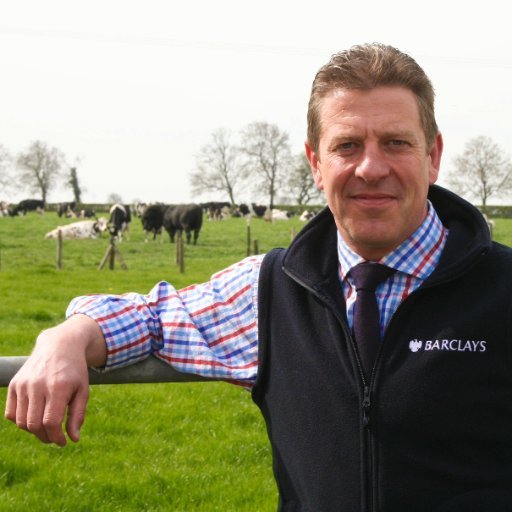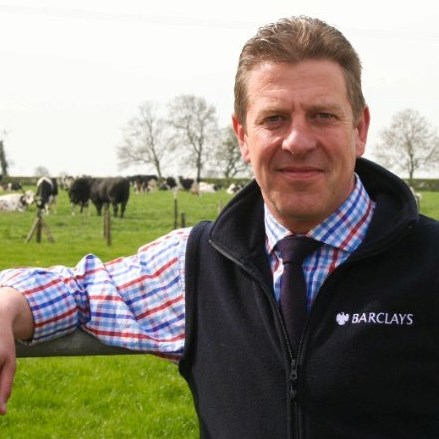Myerscough College is one of the leading institutions for Agriculture in the UK. Our courses will help prepare you for a career in the industry, by combining relevant background skills with the knowledge of crop and livestock technology as well as business enterprise.
There is currently a significant demand for highly trained and well educated professionals to enter the industry. This has been fuelled by the increasing awareness that food production, farming, tourism, the environment and rural affairs are all interconnected.








